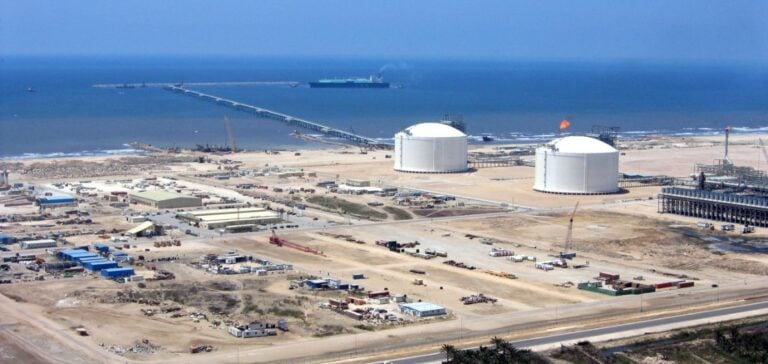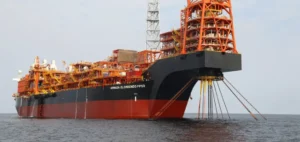Egypt, facing high prices for liquefied natural gas (LNG), is ramping up fuel oil purchases to address its domestic energy demand. This decision, driven by economic considerations, comes as LNG prices in European and international markets remain above alternatives such as fuel oil.
Recent data indicates that the DES marker for LNG in Northwest Europe, for January, was assessed at $549.08 per metric ton oil equivalent, while 1% fuel oil for the same period was priced at $413.25 per ton. This $135.83 per ton gap between the two fuels highlights the growing attractiveness of fuel oil as a substitute energy solution.
Declining Domestic LNG Demand
Analysts note a decrease in LNG demand in Egypt, attributed to reduced requirements for residential and industrial heating. Additionally, sectors such as fertilizers and petrochemicals have slowed consumption. This trend is also explained by limited availability of locally produced gas, prompting the country to prioritize LNG exports while adopting fuel oil for domestic power generation.
In 2024, Egypt imported a total of 2.19 million tons of LNG across 32 shipments. However, only 11 cargoes have been delivered so far in the fourth quarter, and some could be canceled. For December, three cargoes from the United States are expected, totaling 220,000 tons.
Energy Optimization and Substitution
According to Mehrun Etebari, Director at Commodity Insights, Egypt has increased the use of fuel oil in electricity production to conserve gas for exports. This trend, initiated in 2021, gained momentum as LNG spot prices surged. Nevertheless, the return of a favorable price gap for fuel oil led to a resumption of this substitution in 2024.
Industry sources confirm that the recent cancellations of LNG cargoes reflect an energy optimization strategy. “Egypt is buying fuel oil rather than gas because it is not only cheaper but also better suited to the current situation,” explained an LNG trading analyst.
A Tightening European Market
Egypt is not the only country increasing its fuel oil consumption. In Europe, demand for high-sulfur fuel oil (HSFO) remains strong despite year-end slowdown forecasts. The Port of Rotterdam reported that HSFO sales exceeded low-sulfur fuel oil (VLSFO) for the first time since the implementation of IMO 2020 regulations.
Fuel oil prices in the Mediterranean have also been impacted by disruptions at several refineries, notably in Turkey and Saudi Arabia, contributing to a rise in crack spreads in futures markets. These tensions are expected to persist, fueled by discussions about potential OPEC production cuts.





















